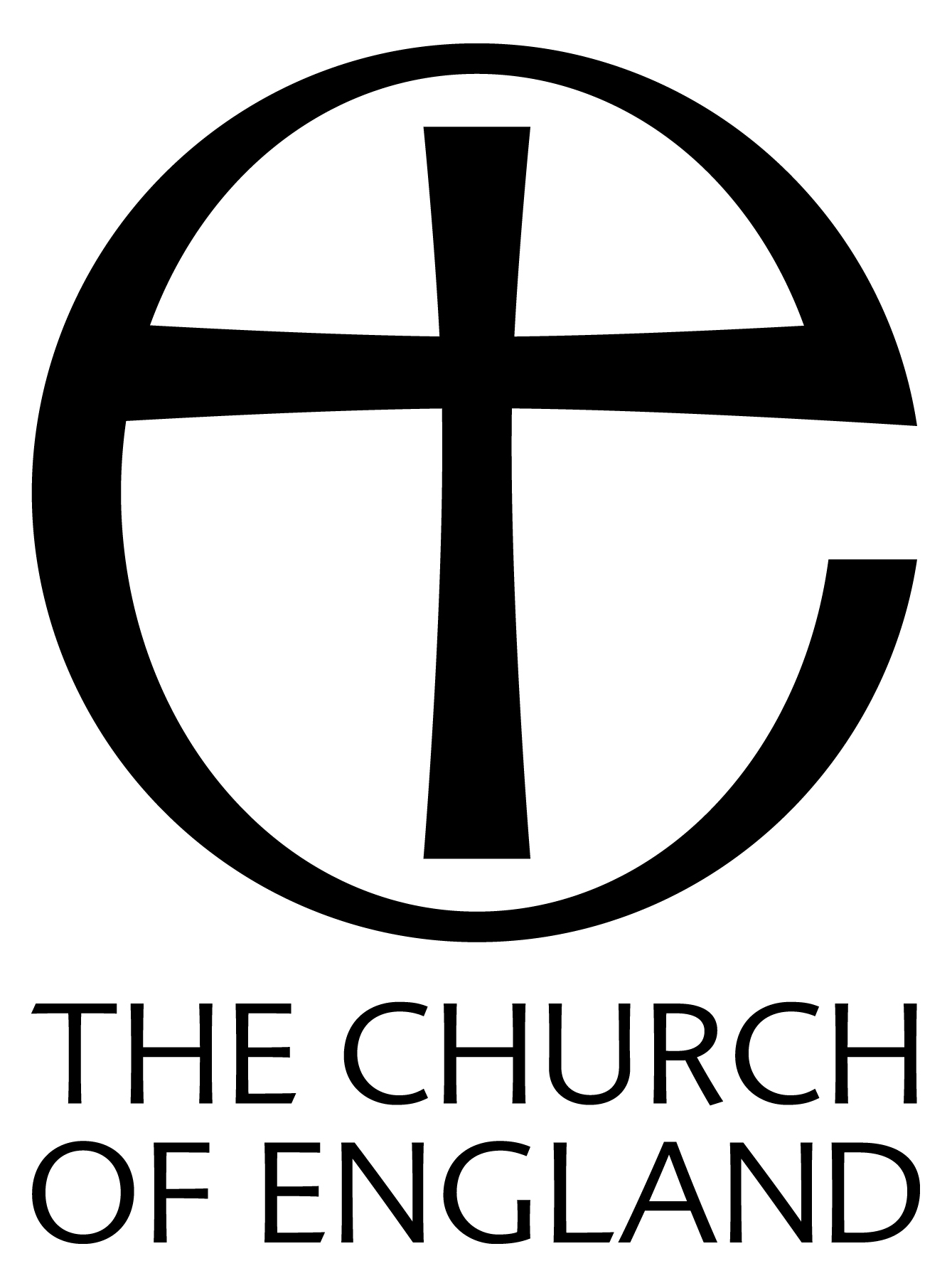Reproduced from
DRYPOOL -
Being a History of the Ancient
Parish of Drypool cum Southcoates
by M. Edward Ingram (1959)
by M. Edward Ingram (1959)
| < < < | > > > |
|
From his small estate, Cockerrillleft two shillings to the poor of Drypool and also directed that his wife should" bestowe moste of my apparill uppon my poore frends which stande moste nede, excepte my best coate, gowne and Cloakes." His" dagger and knyfe" were left to his brother-in-law, Peter Wood, whilst Ann, daughter of John Smith, was to have a " brazen mortar." There are bequests in money of a shilling" beside wages" to his servant, "and to everie of the children of John Snaith and Robert Gall." The most treasured books from his library are left to his several friends-" Babbing ton uppon the Comandments" to John Sadler; to Stephen Shackles a book by " Gasper Loare " ; and to William Barbar, of Sculcoates, Baker's" Lectures in Englishe uppon the Crede." The residue of his property went to his wife, with the request that" if she dye a widdowe she will bestowe the goods which she leaveth uppon my frends which are most nedefull." A truly generous and compassionate will for a country parson, whose economic status does not appear to have improved as some of his contemporaries had done. At Sculcoates Cockerrill was succeeded by George Shawe, but there is no record of his being at Drypool until 1609. He remained there for ten years, during which time a daughter Anne was baptised, and another, Marie, was buried. In 1619, Shawe's successor enters the year of his institution in the Register, "Hic incipit Johannes Ware." Each year a transcript had to be sent up to York, and failure to do so in 1627 had resulted in a fine. To prevent this recurring Ware inscribes both registers, "It must alwaies be remembered that the Register be sent before Easter weeke." |
Two years later his compassion prompted him to bury in his churchyard, Sarathe, the daughter of Matthew Rowton of the Charterhouse. "She was buried beinge none of our parish by reason of all her freinds heer before buried." Sadness at times visited his own family. A daughter was buried in 1637, and a son, two years later, after a short life of but two months. The birth of his daughter Jane is entered in full. "Jane the daughter of George Cooke, Clerke and Curate of this towne was borne uppon Midsummer day the 24th of June and baptized on Wednesday being St. Peter's daye and the 29th of the saide Moneth 1636." Fear must have struck his little household in the following year. His servant, Margaret Bell, had gone to Hull, where she had contracted the plague. The poor girl soon died and to prevent the spread of infection" she lieth buried in the Summerghains." This no doubt was the outbreak which accounted for 48 deaths in St. Mary's parish, and for which the vicar there, Maurice Corney, and Andrew Marvel, Lecturer at Holy Trinity and father of the poet, were rewarded for their devotion to duty by gratuities from Trinity House. |

|
|

|
|